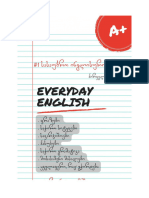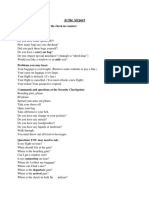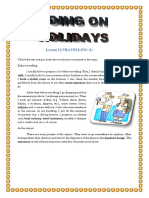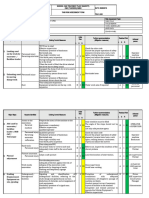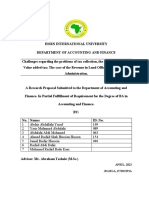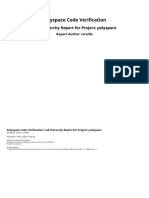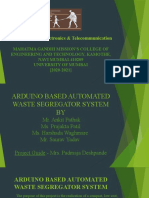0% found this document useful (0 votes)
13 views30 pagesFlight Attendant Module Lessons 1
The document covers various modules related to the roles and responsibilities of flight attendants, including communication on aircraft, checking into hotels, dining at restaurants, airport procedures, and giving directions. Each module includes warm-up questions, reading passages, vocabulary, role play dialogues, cross-cultural notes, and discussion questions to enhance understanding and practice. The content emphasizes the importance of safety, customer service, and cultural awareness in the profession.
Uploaded by
Maria FerreriaCopyright
© © All Rights Reserved
We take content rights seriously. If you suspect this is your content, claim it here.
Available Formats
Download as PDF, TXT or read online on Scribd
0% found this document useful (0 votes)
13 views30 pagesFlight Attendant Module Lessons 1
The document covers various modules related to the roles and responsibilities of flight attendants, including communication on aircraft, checking into hotels, dining at restaurants, airport procedures, and giving directions. Each module includes warm-up questions, reading passages, vocabulary, role play dialogues, cross-cultural notes, and discussion questions to enhance understanding and practice. The content emphasizes the importance of safety, customer service, and cultural awareness in the profession.
Uploaded by
Maria FerreriaCopyright
© © All Rights Reserved
We take content rights seriously. If you suspect this is your content, claim it here.
Available Formats
Download as PDF, TXT or read online on Scribd
/ 30


